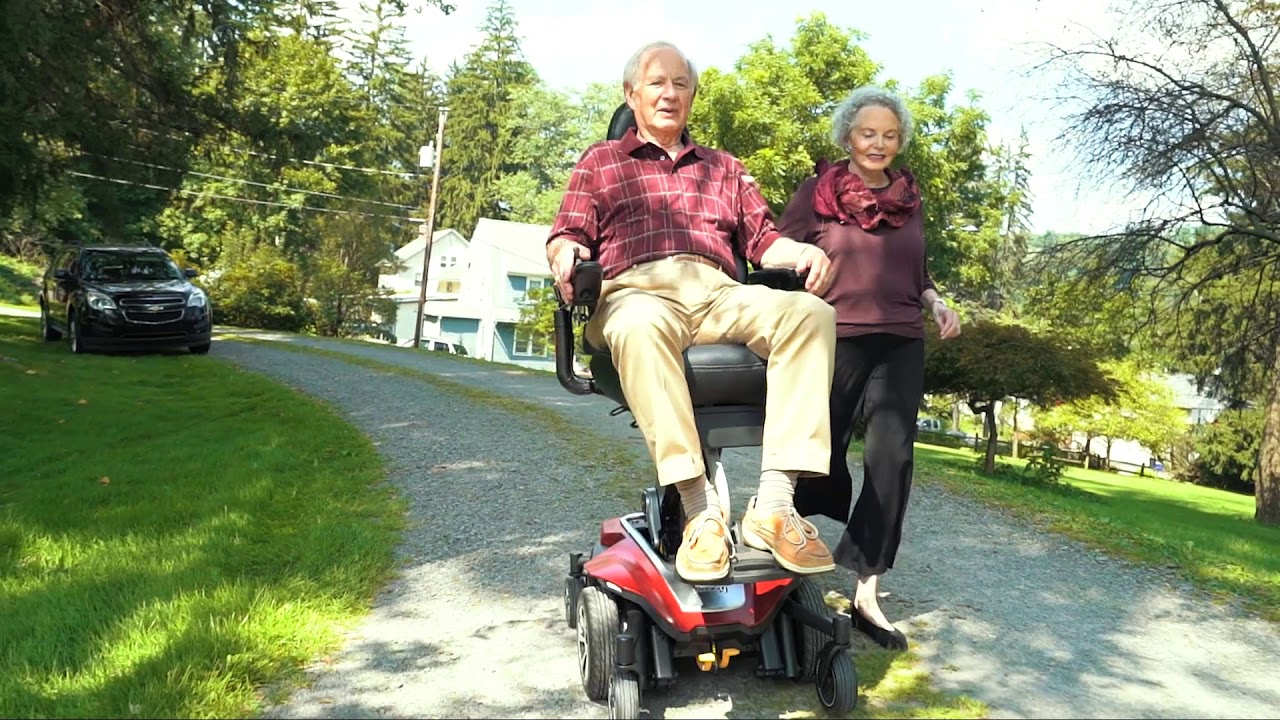As we grow older, it becomes crucial to understand the factors affecting our health. For the elderly, maintaining good health is often a key priority. But, what exactly are the leading causes of death in the elderly? By looking into this important question early on, we can take vital steps to prevent certain health risks, ensuring a longer, healthier life for our loved ones.

Understanding the Common Causes of Death
It is entirely natural for health challenges to occur as we age. Understanding these challenges allows us to approach senior health care with more knowledge and awareness. Heart disease, cancer, respiratory diseases, Alzheimer’s disease, and diabetes are among the top causes of elderly mortality today.
Heart Disease: The Leading Concern
Heart disease remains the leading cause of death among the elderly. This category encompasses various conditions that damage the heart. Regular checkups and a healthy diet are essential to lower risks. For more on maintaining heart health, check out how to care for an elderly person.
Cancer: A Major Health Threat
Cancer is the second largest cause of death. While there is no guaranteed prevention, regular screenings can detect early signs, making treatment more effective.
Respiratory Diseases: Hidden Dangers
Chronic bronchitis, emphysema, and other respiratory conditions often go unnoticed until they progress significantly. Avoiding smoking and pollution can protect the lungs.
Understanding Alzheimer’s Disease
Alzheimer’s, a type of dementia, deteriorates mental functions. Early diagnosis can slow progression, enhancing quality of life. Learn more about improving elderly care here.
The Impact of Diabetes
Diabetes affects blood sugar control, leading to various health complications if left unmanaged. A balanced diet and medication can help manage this condition.
Promoting Elderly Health
Proactive health measures make a significant difference. Regular exercise, a healthy diet, and mental health care are fundamental to improving longevity.
Exercise and Physical Activity
Physical activity is crucial for maintaining a healthy lifestyle. Simple exercises such as walking or yoga can provide significant health benefits.
Nutrition and Healthy Eating
Proper nutrition significantly impacts the body’s ability to combat disease. Consider how to increase appetite in the elderly to ensure nutrient intake is met.
Mental Health Support
Aging can affect mental well-being. Social interactions, hobbies, and professional support can vastly improve mental health.
Link Between Aging and Health Issues
Aging naturally predisposes individuals to certain health risks, but understanding and addressing these risks early can lead to better outcomes. Further insights are available on treating dizziness at home for elderly individuals.
Managing Chronic Conditions
Managing chronic health conditions efficiently is vital. Adhering to medical advice and being mindful of symptoms can prevent deterioration.
Role of Regular Checkups
Regular medical checkups play a critical role in keeping health issues at bay. These checkups can help detect early signs of chronic diseases.
Changing Medical Landscape
The evolution of medical technology and treatment options offers new avenues in managing elderly health concerns.
Advancements in Treatment
Medical advances give new hope for treating conditions once considered untreatable. Investigating these options can lead to more effective care plans.
Technological Contributions
Health technology offers tools that allow better monitoring of health and disease progression. Tools such as wearable devices provide real-time data.
Conclusions: Moving Forward
Reflecting on the leading causes of death in the elderly allows us to take proactive steps in improving senior health care outcomes. Addressing these health issues with knowledge and care is essential.

FAQs
What is the main cause of death in the elderly? Heart disease is the primary cause.
How can we lower risks for common elderly health concerns? Regular exercise, healthy eating, and regular checkups are critical.
Are there new treatments for common elderly conditions? Yes, advancements in medical research provide new treatment avenues.
This article contains affiliate links. We may earn a commission at no extra cost to you.

